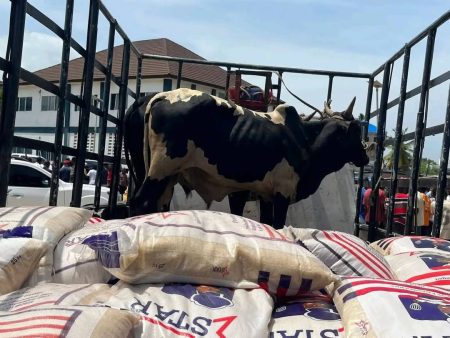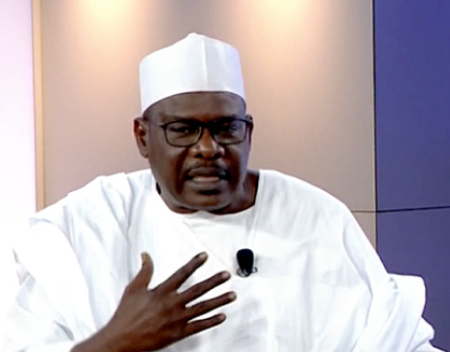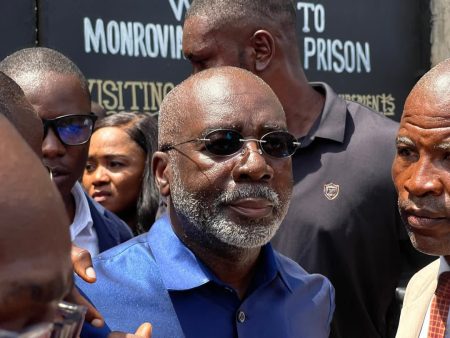The family of former Finance Minister Ken Ofori-Atta has vehemently denounced the Office of the Special Prosecutor (OSP) for what they perceive as a politically motivated persecution campaign aimed at damaging Mr. Ofori-Atta’s reputation. The OSP’s recent actions, particularly the re-issuance of a wanted notice for Mr. Ofori-Atta despite his pending human rights case and documented medical needs, have fueled the family’s accusations. They contend that the OSP is exploiting the situation to publicly humiliate the former minister without any formal charges or due process.
The core issue revolves around the OSP’s investigation into alleged corruption during Mr. Ofori-Atta’s tenure as Finance Minister. While the OSP maintains that Mr. Ofori-Atta has failed to cooperate with their inquiries, the family argues that the former minister has been actively engaging with the investigative process, providing all requested documents and even proposing a virtual interview due to his fragile health. They assert that the OSP’s refusal to accept these accommodations demonstrates a predetermined agenda to inflict harm rather than impartially pursue justice.
The family emphasizes that Mr. Ofori-Atta has not been charged with any crime, rendering the OSP’s actions disproportionate and unduly prejudicial. The issuance of an INTERPOL Red Notice, a measure typically reserved for internationally wanted fugitives, further strengthens the family’s perception of malicious intent. They believe that the OSP has deliberately escalated the situation to maximize the public damage to Mr. Ofori-Atta’s reputation, using him as a political spectacle to satisfy a partisan audience.
A central point of contention is Mr. Ofori-Atta’s health condition. The family insists that the OSP has disregarded medical evidence demonstrating his impending need for cancer surgery, a claim that raises serious concerns about the OSP’s commitment to upholding basic human rights. They contend that the stress and pressure exerted by the ongoing investigation are exacerbating Mr. Ofori-Atta’s health issues, potentially jeopardizing his well-being.
The Ofori-Atta family’s statement also accuses the OSP of several procedural improprieties, including suppressing exculpatory evidence, violating Mr. Ofori-Atta’s fundamental human rights, and disregarding ongoing court proceedings. These allegations, if substantiated, paint a picture of an investigative body operating outside the bounds of legal and ethical norms, potentially undermining the integrity of the entire justice system.
In conclusion, the Ofori-Atta family’s strong rebuke of the OSP highlights a complex interplay of legal, political, and ethical considerations. Their accusations raise critical questions about the OSP’s conduct, including whether its pursuit of Mr. Ofori-Atta is driven by genuine concerns about alleged corruption or influenced by extraneous political motives. The controversy underscores the importance of maintaining the integrity of investigative processes and the need for accountability and adherence to due process, particularly when dealing with individuals facing serious health challenges. The situation warrants a thorough and impartial examination to ensure that justice is pursued fairly and ethically, without compromising the rights and well-being of the individual under investigation.














